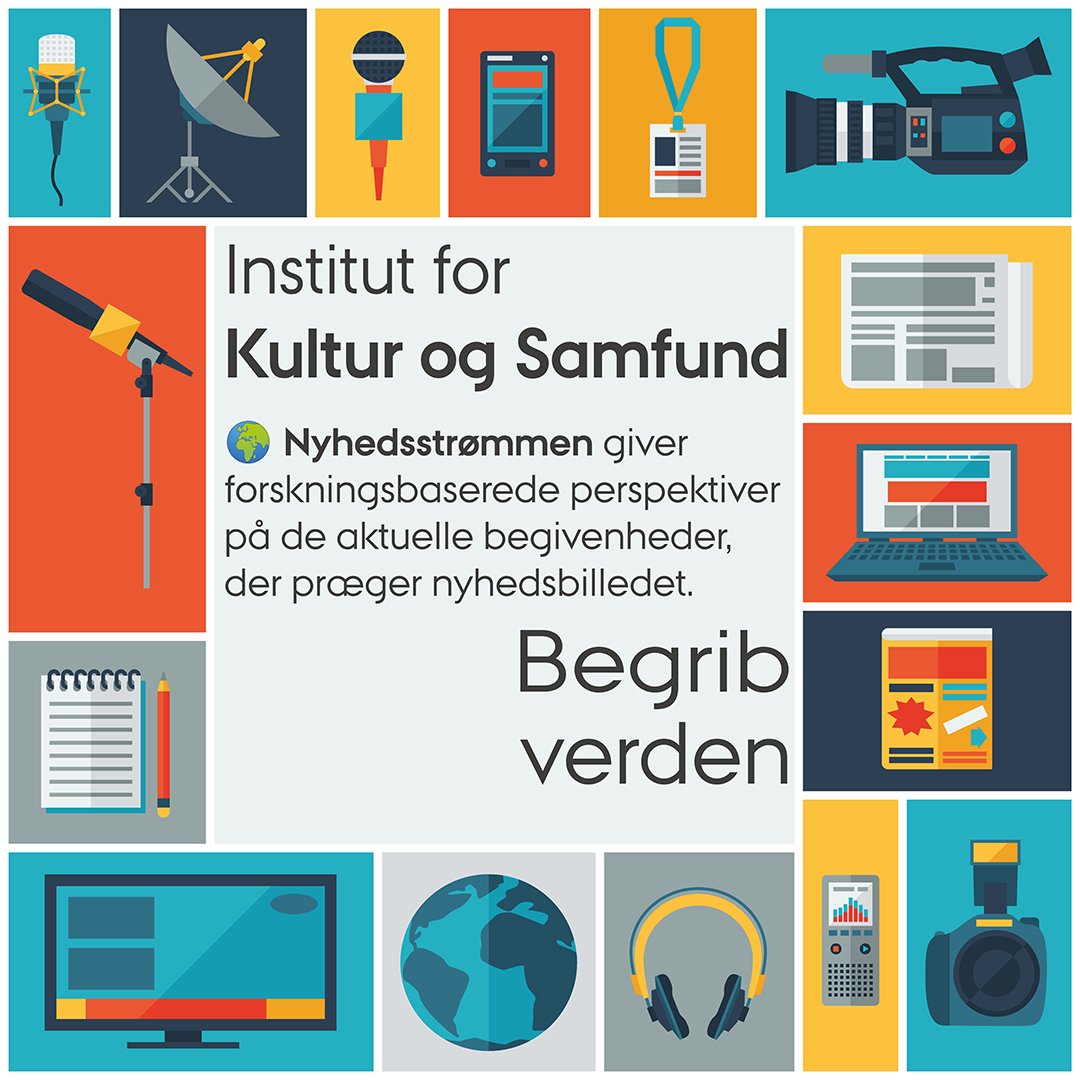RESEARCHER'S PERSPECTIVE: Group Singing Strengthens Democracy
Researchers from the Unit for Song Studies at Aarhus University have published the first nationwide study of Danes' relationship with group singing. On Constitution Day, they will publish their findings – while also highlighting the importance of singing for both democracy and social cohesion.

On Constitution Day, the book Så syng da, Danmark is published – the first systematic mapping of Danes’ attitudes and habits regarding group singing.
Despite the widespread perception of Denmark as a “singing nation,” there has so far been a lack of solid data on the topic. That data is now being released on a date that is no coincidence.
According to the researchers behind the study, there is a close connection between communal singing and democracy:
“The connection between democracy and communal singing is historically, culturally, and symbolically strong in Denmark. In fact, you can view communal singing as a democratic practice: it’s based on participation, equality, and togetherness – some of the very same principles that underpin democracy,” says Professor Katrine Frøkjær Baunvig.
She conducted the study together with Lea Wierød Borčak, Anne Agersnap, Thomas Husted Kirkegaard, and Sasja Mathiasen Stopa – all affiliated with the Centre for Research in Singing at Aarhus University.
When we sing together, the researchers say, we actively take part in a community where everyone has a voice – and every voice matters. It is a bodily and sensory form of democracy, where you listen to one another and create something together.
Group singing as a path to belonging
This is something to reflect on as communal singing takes center stage in Constitution Day celebrations across Denmark. Traditional songs on this day include Velkommen i den grønne lund by N.F.S. Grundtvig and I Danmark er jeg født by H.C. Andersen – or other songs celebrating freedom, democracy, fellowship, and the Danish landscape.
But the new study also shows that much of the value people attach to communal singing lies in the music itself. According to the findings, Danes generally emphasize participating in a musical community and singing melodies they enjoy, more than they focus on the symbolic meaning of the lyrics.
“That said, it’s important to stress that singing is much more than music. Communal singing is not just a musical performance or what Grundtvig in 1828 called a ‘Cantata for Applause.’ By this, he meant that the quality of popular singing doesn’t lie in how polished the music is, but rather in the singers’ heartfelt participation – in communal singing as a path to belonging,” says Lea Wierød Borčak.
A call for prioritizing the professional practice of singing
Although singing is a fundamental form of human expression – and communal singing can foster a sense of belonging – the study also reveals that nearly half of all Danish adults do not take part in communal singing.
“There may be many reasons for this – one being that people don’t feel they can sing or sing well. There is a clear link between early singing socialization in schools and families and singing participation later in life. That’s why it’s important to systematically prioritize the professional and pedagogical work with singing – for instance, by training voice and body,” says Katrine Frøkjær Baunvig.
You've researched Danes’ courage to sing – how do you feel about singing yourselves?
“In general, we both belong to the ‘singing-privileged’ who enjoy joining in. But even we are not immune to voice-shame. Just recently, after a Sunday service, Lea received a kind but firm comment from a fellow churchgoer, asking her to tone it down a bit – apparently, she was drowning out the rest of the congregation,” Katrine Frøkjær Baunvig recounts with a smile.
Such experiences, the researchers say, can affect one’s willingness to sing. That’s why they encourage all of us to meet each other’s singing voices with gentleness and openness – even when they stand out a little. The invitation is hereby extended: So sing, Denmark!
Happy Constitution Day.
Contact
Katrine Frøkjær Baunvig, Centre Director, Professor
Centre for Grundtvig Studies; Centre for Research in Singing
School of Culture and Society
Aarhus University
Email: baunvig@cas.au.dk
Phone: +45 9352 1770
Lea Maria Wierød Borčak, Senior Researcher
Centre for Grundtvig Studies; Centre for Research in Singing
School of Culture and Society
Aarhus University
Email: lmw@cas.au.dk
Phone: +45 5091 5745
